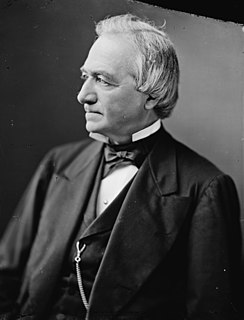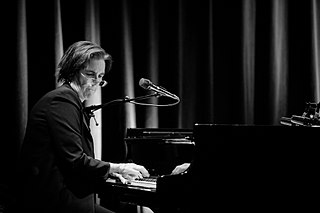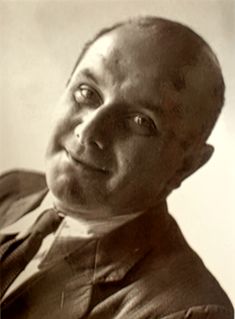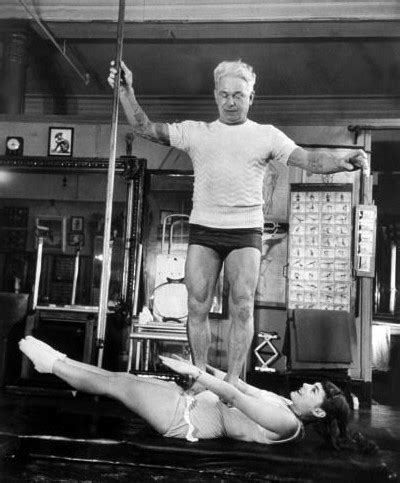A Quote by Richard Whately
The first requisite of style, not only in rhetoric, but in all compositions, is perspicuity.
Related Quotes
The perfection of style consists in the use of the exact speech necessary to convey the sense in the fewest words consistent with perspicuity, at the same time having regard to appropriateness and harmony of expression. Its greater excellencies are directness, accuracy, appropriateness and perspicuity.
When I hear the hypercritical quarreling about grammar and style, the position of the particles, etc., etc., stretching or contracting every speaker to certain rules of theirs. I see that they forget that the first requisite and rule is that expression shall be vital and natural, as much as the voice of a brute or an interjection: first of all, mother tongue; and last of all, artificial or father tongue. Essentially your truest poetic sentence is as free and lawless as a lamb's bleat.
It hardly needs explaining at length, I think, how much authority or beauty is added to style by the timely use of proverbs. In the first place who does not see what dignity they confer on style by their antiquity alone?... And so to interweave adages deftly and appropriately is to make the language as a whole glitter with sparkles from Antiquity, please us with the colours of the art of rhetoric, gleam with jewel-like words of wisdom, and charm us with titbits of wit and humour.
I might say that what amateurs call a style is usually only the unavoidable awkwardnesses in first trying to make something that has not heretofore been made. Almost no new classics resemble other previous classics. At first people see only the awkwardness. Then they are not so perceptible. When they show so very awkwardly people think these awkwardnesses are the style and many copy them. This is regrettable.





































